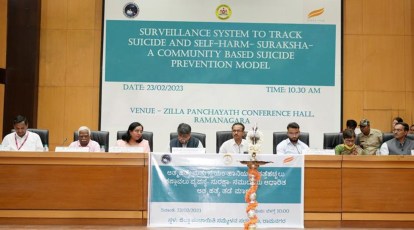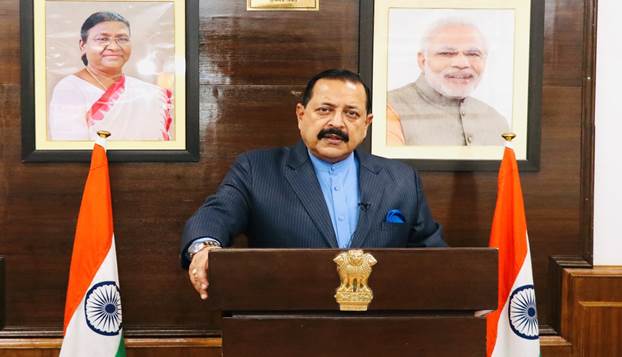In a significant move to address potential risks associated with online gaming, the Department of Consumer Affairs (DoCA) of the Indian government has joined forces with the National Institute of Mental Health and Neurosciences (NIMHANS) in Bangalore to embark on a comprehensive research project. This collaborative effort aims to shed light on the potential negative impacts of online gaming on consumer behaviour and mental well-being.
 The research initiative delves into the realm of disruptive impulse control behaviours that can manifest in the context of online gaming. By understanding these behaviours, the project seeks to develop a predictive model capable of identifying individuals who may be susceptible to developing problematic gaming habits. This model, once established, can serve as a valuable tool for early intervention and preventive measures.
The research initiative delves into the realm of disruptive impulse control behaviours that can manifest in the context of online gaming. By understanding these behaviours, the project seeks to develop a predictive model capable of identifying individuals who may be susceptible to developing problematic gaming habits. This model, once established, can serve as a valuable tool for early intervention and preventive measures.
The project extends beyond the mere identification of at-risk individuals. It envisions the creation of a comprehensive framework for responsible digital consumption, specifically tailored to the online gaming landscape. This framework, while initially focusing on online games, is designed to be adaptable and potentially applicable to other online platforms and digital spaces in the future.
The success of this research project hinges on collaboration. As highlighted by Dr. Pratima Murthy, Director of NIMHANS, the project will involve collaboration with various organizations, institutions, and authorities. This collaborative approach will ensure the collection and analysis of data from diverse segments, encompassing different age groups and socioeconomic backgrounds. By incorporating such multifaceted analysis, the research can gain a deeper understanding of the complex factors contributing to excessive online gaming consumption.
The research findings are expected to yield valuable insights that will inform the development of policy guidelines. These guidelines will serve to protect consumer interests in the online gaming domain, mitigating potential risks associated with excessive or problematic gaming behavior. Additionally, the project aims to provide recommendations for the gaming industry, guiding them towards adopting best practices that promote responsible online gaming experiences and minimize risks for consumers.




